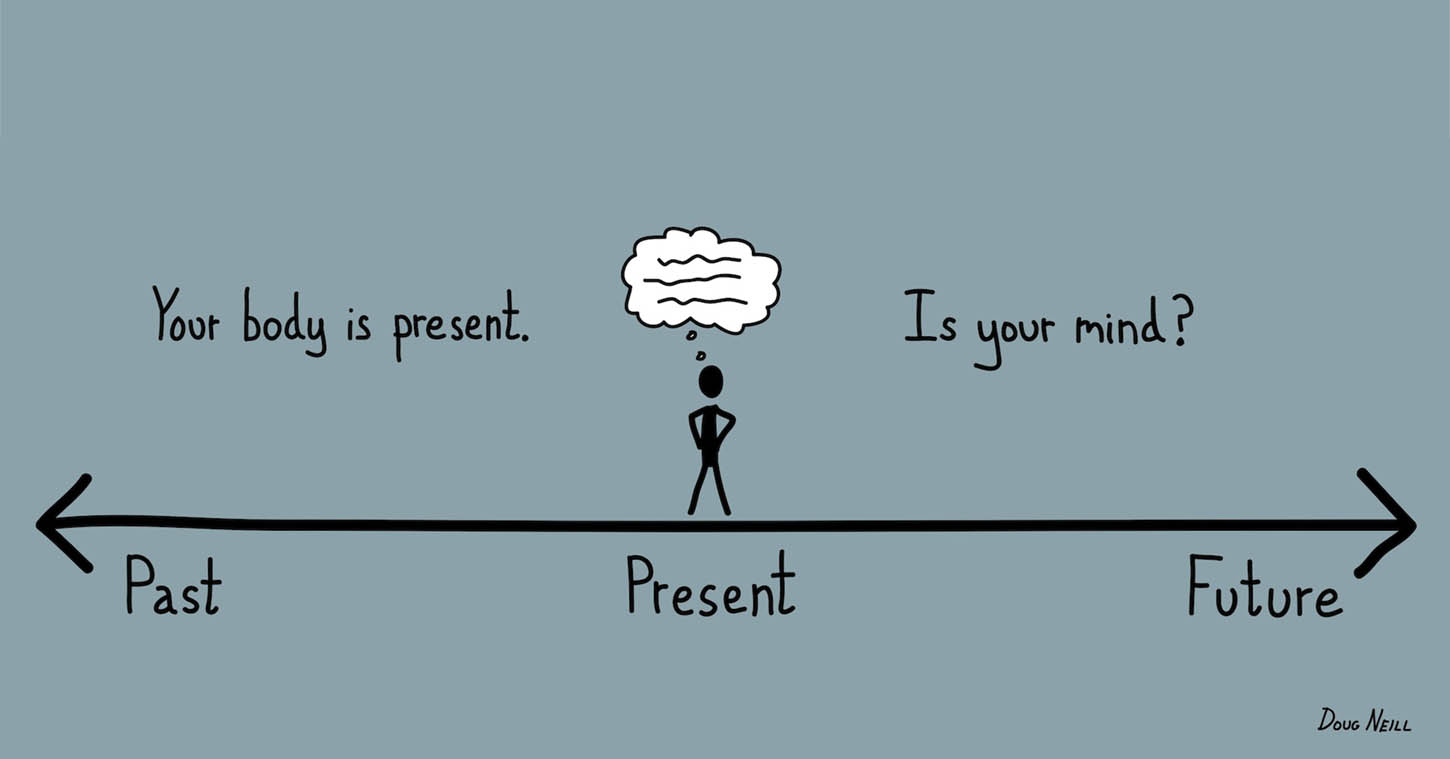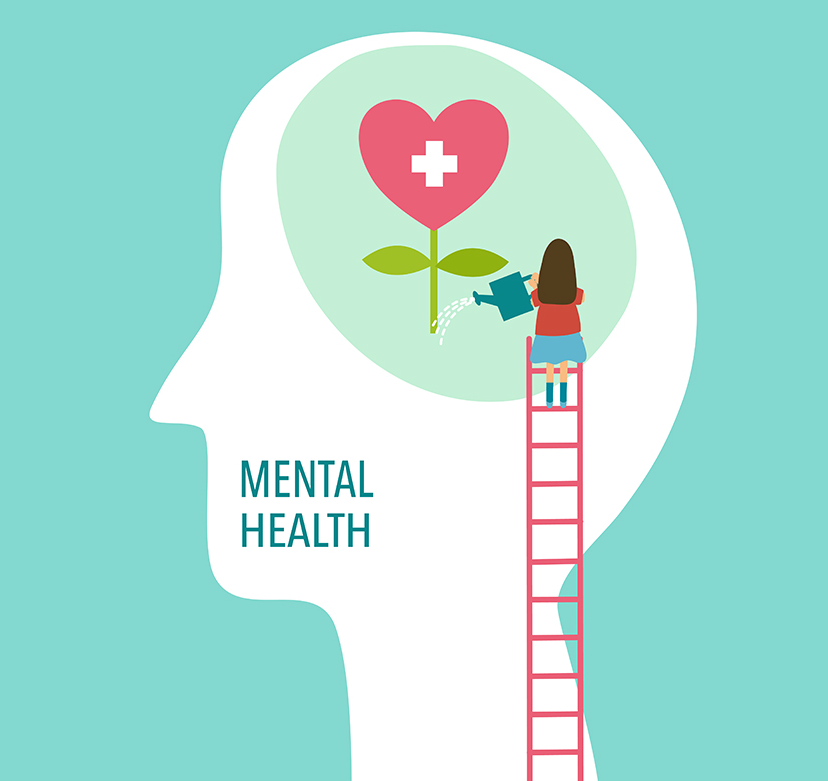Mindfulness – Mental Wealth

25 May 2021 | Pratyush Ragini
At some point or the other, we’ve all felt stressed, be it due to past regrets or future worries. “People around me are doing so much better; how can I do better?”, “Will I get a good internship?”, “Could I have utilised my time better in the past?” These are questions that nag us time and again. But how to avoid this train of thought?
Dr Rajendra Barve, a mindfulness teacher, takes us through a logical approach to do just that. Rechristened as Sugat Acharya, he has been a consultant psychiatrist in private practice for over 40 years. Founder of Parivartan— The Turning Point, he has been associated with IIT Bombay for quite a long time.
These are typical questions of a disillusioned mind, he says, where we feel lost and helpless about achieving the goal. In contrast, an innovative mind is one where we redefine ourselves by setting new goals and playing by our strengths. And bridging this gap between a disillusioned mind and an innovative mind needs some hard work. This is where mindfulness comes in. It is a skill that can be internalised by practising it again and again.
Mindfulness has its roots in the Indian philosophy of sammasati - wholesome knowledge, wholesomeness in the sense of being aware of our knowledge, capabilities, and potential to see the world the way it exists. But to understand awareness, we first need to take a closer look at the human brain which has three major parts. The very primitive part of our brain is the reptilian brain which gives us physical awareness and a sense of consciousness. Then comes the emotional brain that attaches a feeling to the physical sensations, and last comes the rational brain responsible for creativity and imagination.

The questions mentioned in the beginning are all due to something called ‘emotional hijack’. The emotional brain overpowers the rational brain, and we end up feeling anxious about imagined situations brought from the future or the past. But we experience all this worry now, the present moment. And this is when we lose our concentration on the real goal. We need to make our rational brain powerful enough to stay in the present moment and remain focused. Because now is when we can solve a problem at hand, now is when we need to do stuff.
Procrastination is one of our constant companions shadowing us. And it is so because we have low frustration tolerance. Solving the problem now makes us anxious, and we take the escape route. But being present makes us tolerant and accepting of this frustration and boredom and remain focused on what we need to do now. It takes our brain only a fraction of a second to wander off. And the skill of mindfulness will help us reach meta-awareness, the awareness of being aware and use it to bring our awareness back when it’s lost.
Mindfulness revolves around the breath; yes, the very breath we take in and out every moment. Breathing is the one thing that can’t be done for either the future or the past. The breath is only for the present. When we become aware of our breath, we come back to the present. We become aware of whatever is passing through our mind. And we don’t block it, no, we simply let it pass. Let the thoughts flow in and out, and the moment we find our mind latching onto one of them, just bring it back to the breath. Always bring it back.
In this manner, we train our brain to be more aware and focused on the present that matters. The emotions get regulated, and the mind feels much calmer because there is no clutter any more. We learn to respond instead of reacting.
“I will preserve my uniqueness. So what if my friends are doing good in some other thing? I will do what I like. And I will do it now to become better.”
“Let me work hard now to get that internship in the future. When the time comes, it will pay off.”
“What’s done is done. Let me not procrastinate from now on.”
Bringing ourselves back to now is what will get us through our problems. And once we practise this, again and again, it becomes an automatic process, a habit. It becomes our personality.
Twenty minutes for eight weeks. Sit down. Breathe. Relax.